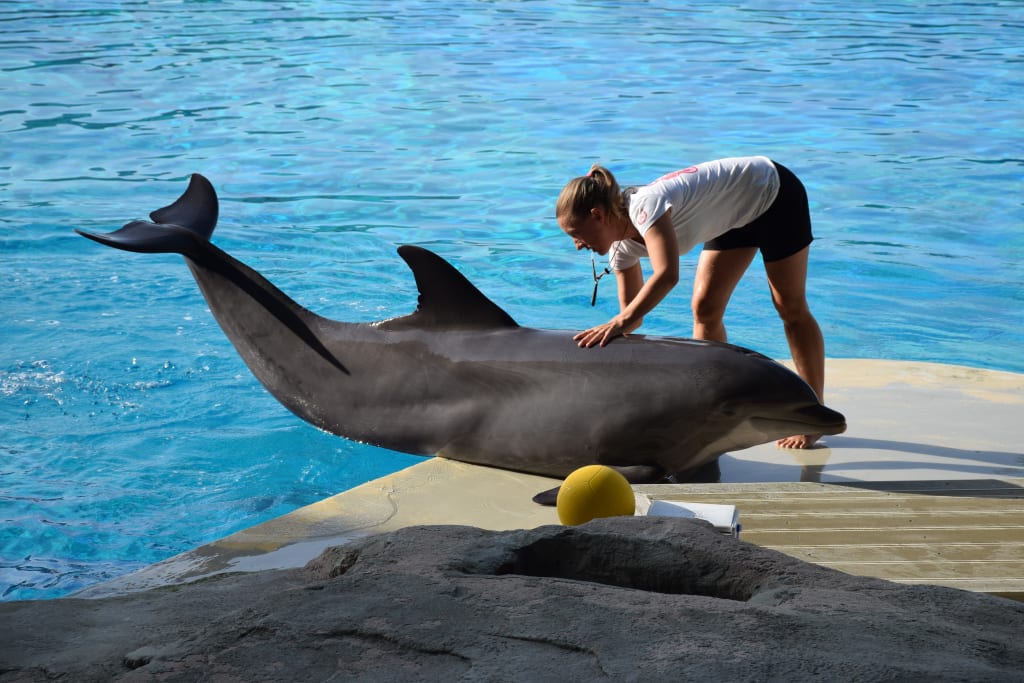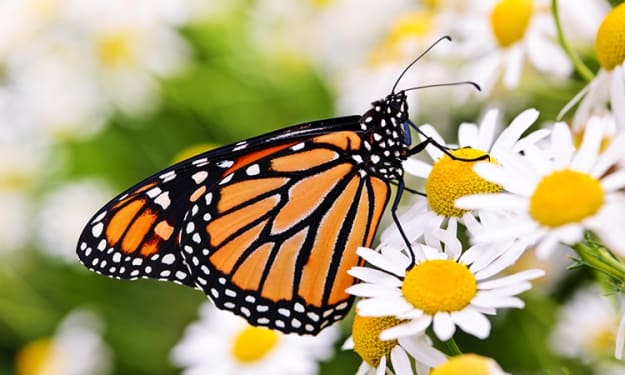The Zoo and Aquarium Community Deserves Better: An Open Letter to All Social Media Outlets
The following is an open letter to all social media outlets to take action to help protect members of the zoological community from cyberattacks conducted by animal rights extremists.

To All Admins of Various Social Media Outlets,
I am writing this open to letter to you all to express my concerns about how animal rights extremists are using various social media sites as a platform to conduct cyber attacks on the zoological community and how very little to no action has to been taken to crack down on the admins of the animal rights-based pages that instruct their followers to commit awful acts of cyberbullying since the start of the COVID-19 Pandemic.
While we understand the right for everyone to be entitled to have an opinion and be able to express themselves through free speech, the real problem is not the concept in regards to free speech, it’s more about the safety of zoo and aquarium professionals who continue to care for dozens of animals who live under their care every day while the facilities they work for continue to stay close during the pandemic. For example, a public Facebook page called “Boycott SeaWorld”, is run by an extremist named Brittney Hernandez; on this particular page, Hernandez encourages her followers to spam the public social media pages of accredited zoos and aquariums in the name of “animal rights” by sending death threats to animal care professionals, zoo-based wildlife educators and researchers, and even regular visitors.
However, Ms.Hernandez is not the only extremist who advises her fellow activists to violate social media guidelines in terms of commenting and posting on various pages. Ms.Hernandez’s fellow activist Laurice Dee, who is based in Arizona, runs multiple anti-zoo Facebook pages that are all aimed at influencing her extreme views on the keeping of marine mammals in zoos and aquariums. She also has a very long history of harassing trainers at the now-defunct Dolphinaris in Scottsdale, Arizona by sending them death threats and even going as far as wishing death on them. During its two-year operation, Ms.Dee and her followers both the staff and visitors alike by staging protests outside the facility where they would mock, and shame them for working with dolphins at a zoological facility and swimming with them there. If Ms.Dee and her followers were not pulling off public disturbances in front of Dolphinaris, they would send out death threats to the facility through a series of phone calls, emails, social media, and their website’s chat feature and it all came to the point where the facility needed the assistance of local law enforcement and security to protect both people and dolphins alike.
The harm that activists inflict is not just limited to people. Believe it or not, the animals themselves have also been known to pay the price for activist-based crimes as well. History tells us about how activists broke into facilities to sabotage them by either poisoning the food that trainers and zookeepers give to their animals, or tamper around with filtration systems to make it look like the trainers were the ones “abusing” the animals once word gets out about an animal either getting sick or dying. This was the case for several facilities in Vancouver, Arizona, and Switzerland; all of which resulted in either facilities closing, or politicians to convince higher government officials to ban the keeping of cetaceans in human care.
The antics that activists commit in the name of “emptying the tanks” can be regarded as violations of 2006’s Animal Enterprise Terrorism Act, which makes it illegal for anyone to engage in any criminal behavior on zoos, aquariums, and other animal-based facilities. This also includes cyber attacking a facility’s official social media page by sending them death threats and spamming them content that should not belong on an accredited facility’s social media pages. While there are “report” options that are in place in which people can flag pages and content for not meeting social media guidelines, but so far, many of the offensive content ends up not being removed since the report systems are conducted by internet bots as opposed to human workers. The returned reports claim that the content “meets” social media standards when they don’t. This explains why YouTube did not take many actions against the “Elsagate” videos until public concern over the explicit kid videos forced the social media site to take direct action. The content that activists post on official zoo and aquarium social media pages and the pages of individual zoo professionals and educators are not only violations of various social media guidelines, but also, puts the lives of zoo and aquarium professionals at risk. No one should have to fear for their safety when going to work because of a few extremists who think they should get “proper” jobs that have nothing to do with what they love.
What we ask from all social media outlets is not to censor out anything that has to do with free speech, but to take appropriate action against those who are constantly putting the lives of members of the zoo and aquarium community at risk for simply working with animals in a zoological setting. They have spent this entire pandemic caring for entire animal collections while activists continue to harass them online with threatening messages that get ignored by social media platforms even though they violate guidelines. This is a sign that platforms need to do more to protect the zoo community on social media and ensure that no one ends up being a target of animal rights extremism because, in the end, these tactics do more harm to animals than any good.
The zoo and aquarium community deserve support from the general public during these tough times, not harassment.
About the Creator
Jenna Deedy
Zoo and Aquarium Professional, Educator, Cosplayer, Writer and B.A. in Psychology whose got a lot to share when it comes to animals, zoos, aquariums, conservation, and more.
Instagram: @jennacostadeedy






Comments
There are no comments for this story
Be the first to respond and start the conversation.